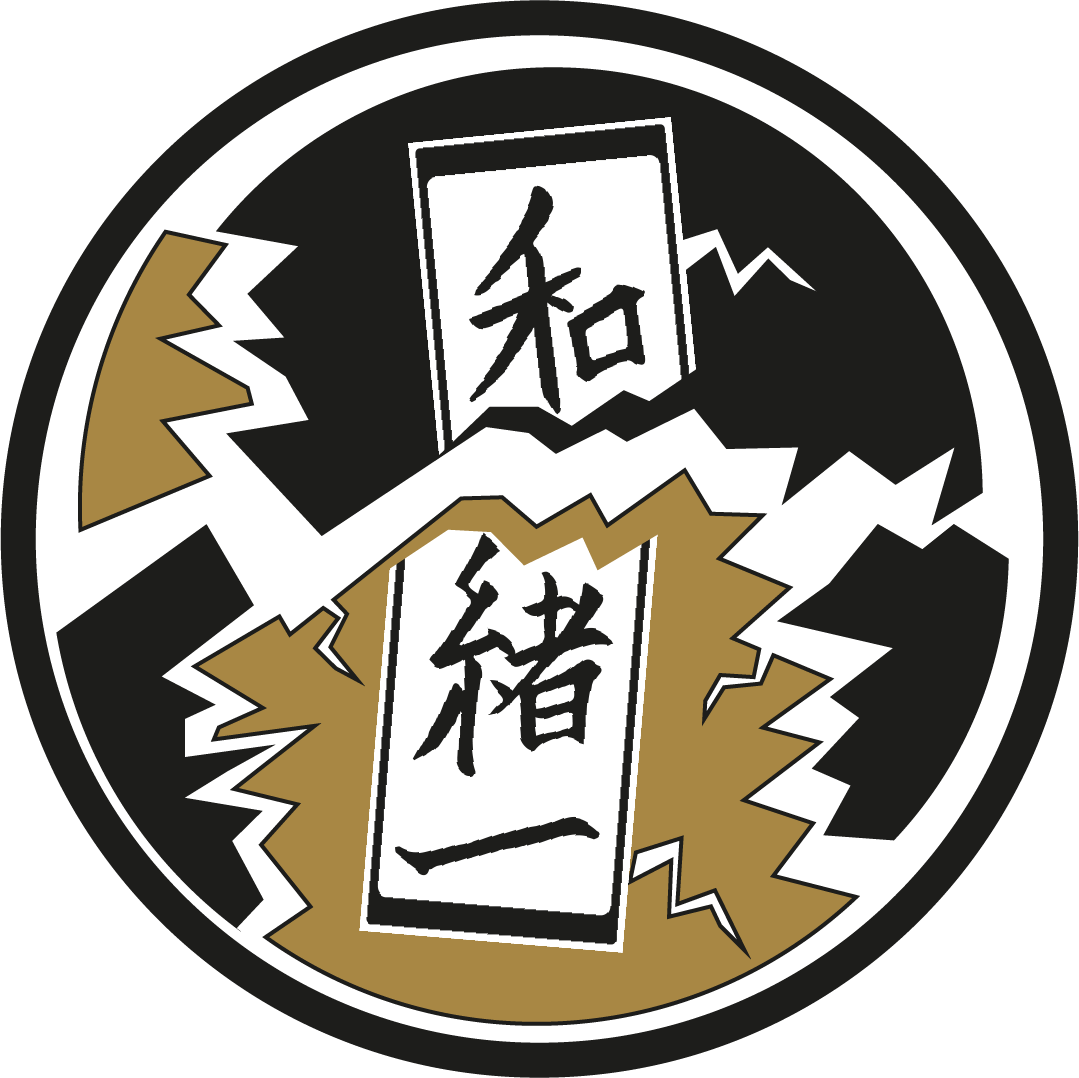You Are Looking Lovely Today
While it is a pleasant experience to be complemented, being able to praise others is a nice skill to have. You can use it as a conversation starter, improve the relationship you already have with someone, or simply enjoy expressing your love towards somebody or something. We focus on positive vibes only today, and take a look at some sympathy-affirming Japanese adjectives that you can use to give a complement – in Japanese, homeru 褒める!
Utsukushii 美しい – beautiful. While there also exists the word kirei 綺麗, which means practically the same, some might argue that utsukushii has a stronger impact. E.g., 君の瞳は星空よりも美しい Kimi no hitomi wa hoshizora yori mo utsukushii – ‘Your eyes are more beautiful than the starry sky itself’.
Kawaii 可愛い – cute. Even if you have not learned Japanese very actively, you might know this word, as it can be heard very often in various context. Everything can be cute: your friend’s new bag or dress, the decor, your classmate… You could, e.g., say: 耳の形、かわいいね Mimi no katachi, kawaii ne – ‘What a cute ear shape’.
Iine いいね – nice. Literally it would mean ‘good, right?’, but is used in a more flexible way. For example, that is actually the Japanese equivalent of the ‘like’ button on social media websites such as Facebook. To praise someone with it you could, e.g., say 足が速くていいね Ashi ga hayakute iine – ‘You can run really fast, nice’.
Kashikoi 賢い – smart. It is also common to say atama ga ii 頭がいい, literally ‘you have a good head’. E.g., とても賢くていい子だな Totemo kashikokute ii ko da na – ‘What a smart and good boy’.
Suteki 素敵 – wonderful. You can hear this word very often in many everyday conversations, as it is the go-to positive adjective on par with kawaii. E.g., 寝ている姿も素敵すぎてたまらない。このわんこちゃんに出会えて幸せの極まり Neteiru sugata mo suteki sugite tamaranai. kono wanko chan ni deaete shiawase no kiwamari – ‘He looks wonderful even while sleeping, I just can’t get enough of this view. I am beyond happy to have met this doggo’.
Do not wait for Valentine’s and share some love with a being that is special to you today, even if they do not understand Japanese or human – the kind thoughts will surely reach them!
Written by AL

